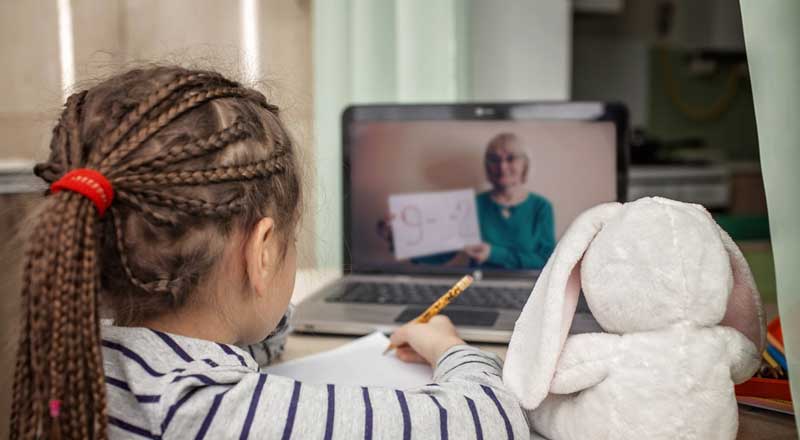How you discipline your child has a direct effect on how your child will behave. Discipline literally means to teach or to raise up. Although discipline sometimes has a negative connotation, it’s often because parents don’t understand what discipline really is and mistake it for punishment. Once parents understand what discipline is and how it affects behavior, they are more likely to embrace their role as disciplinarians.
Function of Discipline
Discipline is a teaching tool that is used to guide and direct children’s behavior. Parents can use discipline to reinforce positive and acceptable behaviors and to reduce negative or unacceptable behaviors. The goal of discipline is to teach children to make good behavioral choices. When children are taught to make good choices regarding their behavior at a young age, they are better able to make good choices when they are older.
Defining Discipline
True discipline is proactive. In addition to enforcing behavioral standards, it teaches self-control. Proactive discipline consists of setting age-appropriate boundaries, outlining acceptable and unacceptable behavior, and consistently enforcing consequences for unacceptable behavior. Proactive discipline is effective in teaching lessons. Since parents are prepared to handle inappropriate behavior and realize that the focus should be on the behavior being unacceptable rather than the child being bad, disciplining a child should be a fairly unemotional task. With proactive discipline, behavioral lessons are learned when a child makes a poor choice.
Benefits of Discipline
Discipline teaches children how to behave well. Children who are well-behaved are easier to care for and have fewer tantrums and behavioral issues. When a child understands the behavioral expectations, he is able to live up to them. Children who understand and learn about behavioral boundaries at home are better able to translate that understanding into the real world.
Warning About Fear-Based Obedience
While it is often more convenient, especially when in public, to scare a child into behaving rather than investing the time to teach her a lesson, fear-based obedience doesn’t produce lasting behavioral changes. With fear-based obedience, a child obeys to avoid the undesirable consequence or punishment from her parents, rather than obeying because she knows and wants to do what is right. While children should have a healthy respect for their parents, instilling fear in a child can adversely affect the parent-child relationship.
Misconceptions About Discipline
Parents are often afraid to discipline their children because they don’t want their children to be mad at them. Some parents even believe that discipline can harm their children’s self-esteem. Parents who do not discipline their children are doing them a disservice. Children need to learn the difference between acceptable and unacceptable behaviors at home. When they don’t, they can have a hard time with authority figures in school and work in later years.





